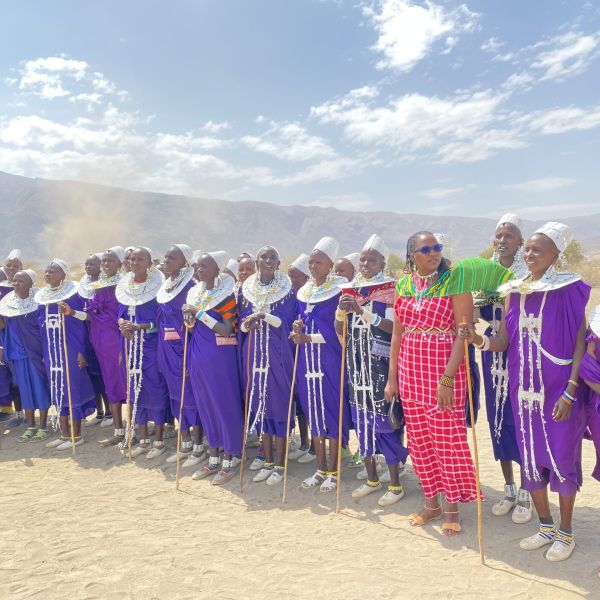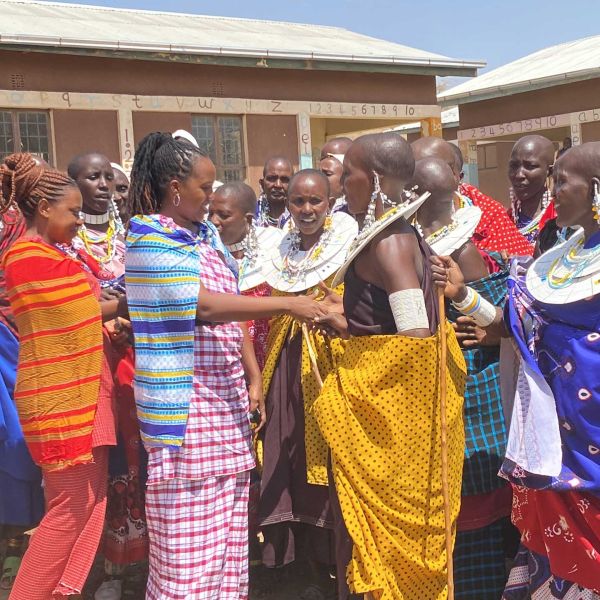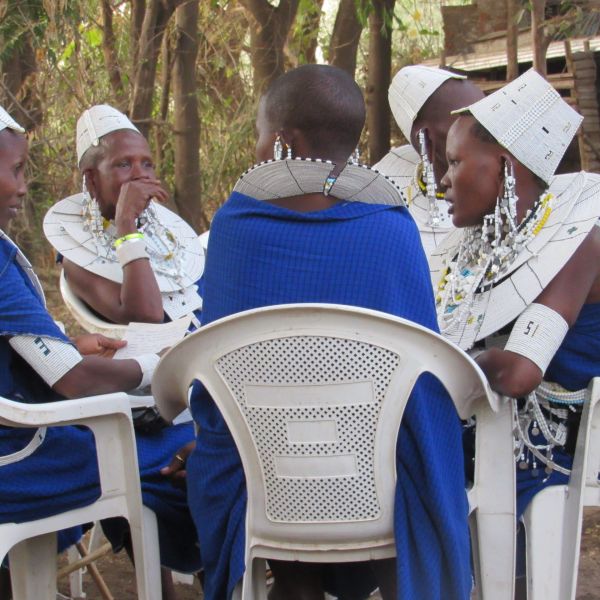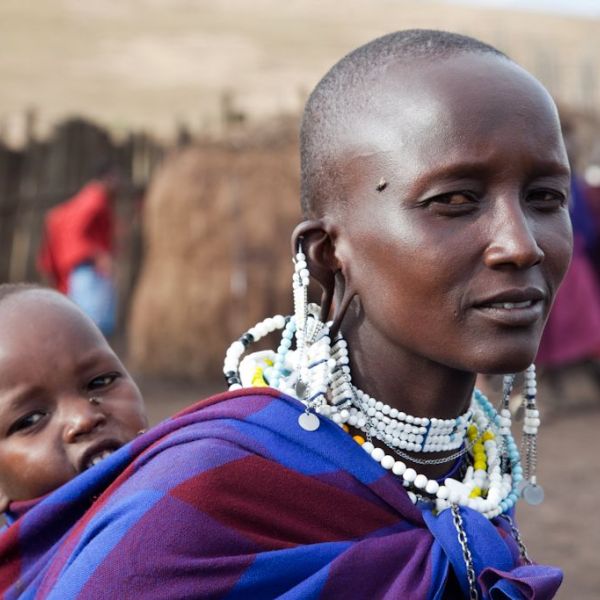Community Health Program
ENCO aims to improve the health of vulnerable women and children in remote Maasai communities through the delivery of programs which provide access to basic health services and health education. ENCO organization intents to establish a number of health centers at appropriate locations to meet the specific needs of the community and to deliver medical services to remote areas. ENCO will also focus on improving general community health through health education and prevention programs
Maternal Health and HIV/Aids Project
“This is a war. It has killed more people than has been the case in all previous wars and in all previous natural disasters. We must not continue to be debating, to be arguing, when people are dying.” Says Nelson Mandela, former President of South Africa
As time passes, the AIDS pandemic continues to spike, affecting an estimated 38.6 million people worldwide. The Maasai have traditionally lived as pastoralists, surviving off of their cattle with which they share their water, increasing the risk for contamination. However, as the population of Tanzania increases, the land the Maasai have traditionally used for grazing is shrinking. For this reason, some have turned to farming to maintain their livelihood. These factors have contributed to the desertification and deforestation of their region. As the lifestyle of the Maasai evolves, they rely more on maize than meat and dairy products for their nutrients. All of these changes have contributed to the evolution of the Maasai culture.
PAGE – Pastoralist Women Advancement for Gender Empowerment
In 2019 ENCO received funds from International Forum of indigenous Women (FIMI) for (PAGE) Project, a one-year project set to operate within Monduli district. The project aimed at;
Increased awareness and knowledge on prevention of HIV/AIDS, Sexually Transmitted Diseases (STDs) and abandonment of FGM/cutting practices; The activities directly reached a total of forty five (45) Peer health educators, traditional birth attendance and two hundred and four (204) school girls. This is to say the above numbers have got sufficient knowledge on HIV/AIDS, Sexually Transmitted Diseases (STDs) and abandonment of FGM/cutting practices and with a hope that the knowledge will be transferred to at least 1225 people.
After this project a number of women seeking for health services from the government hospital and their partners who goes for Voluntary counseling and Testing has been reported.
Transmitted Diseases (STDs) and abandonment of FGM/cutting practices and with a hope that the knowledge will be transferred to at least 1225 people.
After this project a number of women seeking for health services from the government hospital and their partners who goes for Voluntary counseling and Testing has been reported.
Girls and Young mothers’ knowledge, voice and capacities strengthened to make informed decision on their SRH, demand for and uptake of essential SRH services; Number young mothers seeking for SHR services have been increasing for 10% compared to the period before project intervention. Safe delivery, family planning has been reported to be increasing hopefully due to PAGE project. We have noticed an increase knowledge on women on sexual reproductive health from attendance register from village dispensary.
The project intervention resulted into stimulating informed decisions on matters relating to sexual practices and access to resources needed for a decent standard of living, thus making significant contribution towards the SDG #3 and #5.







